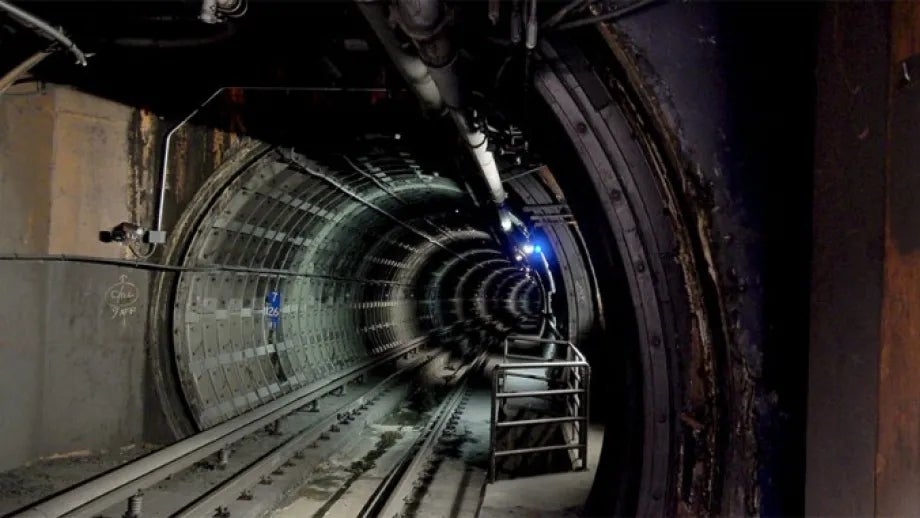Project Performance Assessment
The Horizon initiative assessed the region's major transportation investments. This effort, known as the Project Performance Assessment, evaluated over 90 projects, including those submitted by public agencies, non-government organizations and the general public.
Horizon's Project Performance Assessment is the third time that MTC has conducted a wide-ranging evaluation of major transportation projects. This cycle, the most robust to date, evaluated projects independently using a uniform methodology.
Central to this analysis was a benefit-cost assessment to quantify the cost-effectiveness of transportation investments for each of the three widely divergent Futures. The assessment also included the Guiding Principles assessment to determine a project's alignment with key regional goals, as well as an equity assessment to consider the distribution of benefits by income level and geography.
Process
- Major Projects Update (completed summer 2018)
- Transformative Projects Solicitation (completed fall 2018)
- Project Performance Methodology Development (completed fall 2018)
- Analysis & Model Runs (completed fall 2019)
- Findings Release (draft findings released November 2019; final findings released February 2020)
- Collaboration with Project Sponsors (completed winter 2020)
- Integration into the Plan Bay Area 2050 Blueprint (completed spring 2020)
Projects Analyzed
Refer to this list of projects that went through the Project Performance Assessment.
Draft Findings
In November 2019, MTC and the Association of Bay Area Governments (ABAG) released the draft findings from the Project Performance Assessment.
Final Findings
In February 2020, MTC/ABAG completed the Project Performance Assessment and released the final findings. High-level findings from the assessment are presented in the first section of the document, followed by detailed attachments that include societal benefit-cost ratios, equity scores, and guiding principle flags at a project level.
Highest performing projects identified in the assessment that had strong benefit-cost ratios, were most resilient to an uncertain future and/or had strong potential to advance equity included:
- Urban bus rapid transit lines such as AC Transit San Pablo Ave BRT and SamTrans El Camino Real BRT
- AC Transit and SFMTA bus and WETA ferry network service increases
- BART’s Core Capacity program
- Enhanced bicycle infrastructure
- An integrated transit fare system
- Road congestion pricing
- Sea-level rise protections for heavily used freeways
Among the transit expansion megaprojects studied, a new Transbay Rail Crossing between San Francisco and East Bay emerged as the most cost-effective.
Staff Contact
Anup Tapase, Regional Planning Program
Phone: 415-778-5246
Email: atapase@bayareametro.gov

